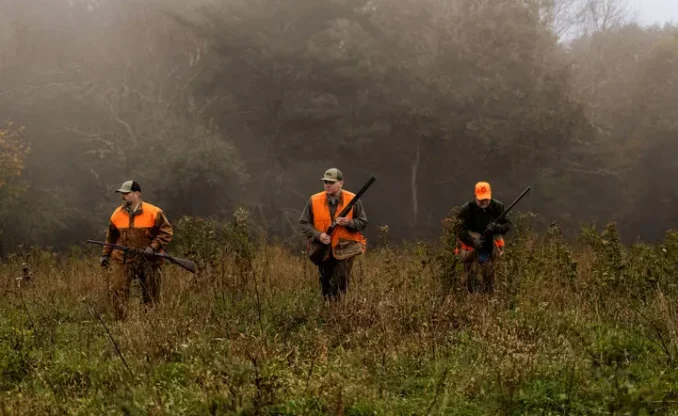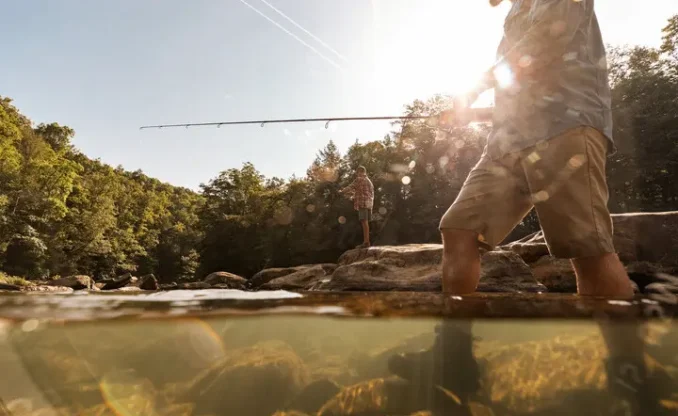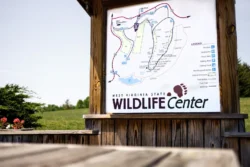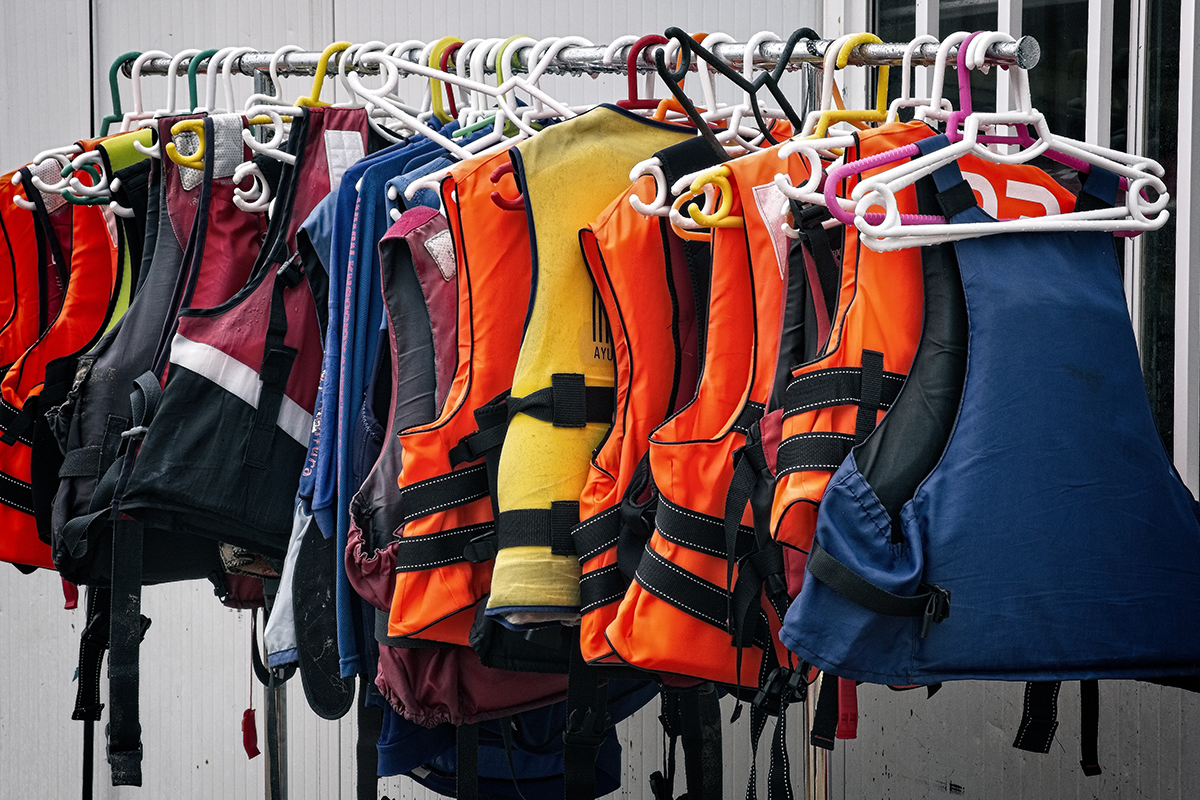While West Virginia is a landlocked state, we’re fortunate to have more than 2,000 miles of navigable streams and hundreds of lakes open for anglers and boaters to enjoy.
But before you get out on the water, there’s a few things you should know. Here are a few best practices to keep in mind.
Be Educated
Operating a motor boat is like driving a car and there are several things you need to do to keep yourself and others safe. You can learn everything you need to know in one of our boating safety classes.
Anyone born after Dec. 31, 1986 must complete a National Association of State Boating Law Administrators approved boater education class before they can legally operate a motor boat or personal watercraft on any water in West Virginia. The tradition in-seat class is free to attend and cover topics such as U.S. Coast Guard navigational rules, safe motorboat operation and legal boating requirements in West Virginia. You also get to learn how to tie knots like a sailor, practice navigation with toy boats and ask questions.
Boater education classes also can be completed online through a NASBLA and state-approved vendor for a fee.
Be Practiced
It’s one thing to know how to operate a boat and navigate open waters. But you need to practice and feel comfortable behind the wheel for this fun activity to be safe.
Like driving, it’s best to spend time on the water with and experienced boater who can show you the ropes. This is also a good time to practice operating your boat at safe speeds, steering clear of potentially dangerous spots in the water and keeping an eye out for buoys and other navigational aids.
Be Safe
One of the most important things you’ll learn in your boating safety class is that life jackets save lives. There’s no question about it.
Too many water-related deaths, injuries and incidents in West Virginia happen because someone was not wearing a life jacket or PFD. You may never get in a car wreck, but wearing a seatbelt is there to protect you in the event that something unfortunate happens. A life jacket does the same thing.

Be Sober
You should never operate a boat while under the influence of any substance. More than 15 percent of recreational boating fatalities are linked to drinking while boating. Boating under the influence is dangerous and against the law. To honor these regulations and promote safe and responsible boating, make sure you always have a sober skipper on board.
Be Prepared
Days before your boating trip, inspect your boat and trailer to make sure your equipment and PFDs are in good working order. Also make sure you go over your float plan with someone you trust, plot your course and let them know where you’ll be and when you plan to return.
Another critical element of being prepared is having a back up plan. Be ready to make adjustments to your trip in the event of bad weather and make sure you appoint at least one additional designated boat operator who will be ready to operate the boat if you or the skipper can’t.
To learn more about boating safety or to sign up for an in-person or online course, visit www.wvdnr.gov/lenforce/boating.




